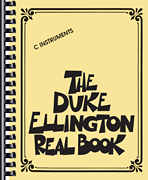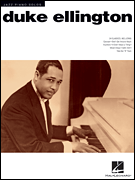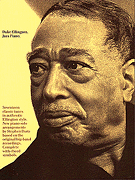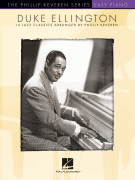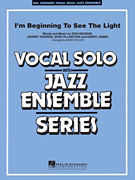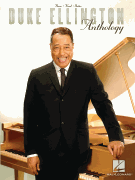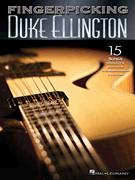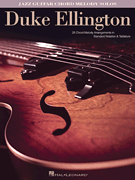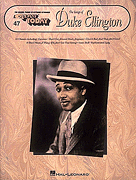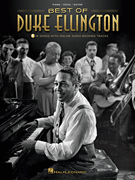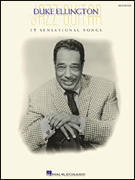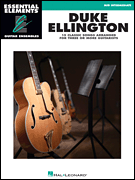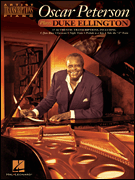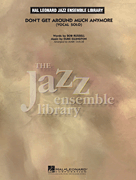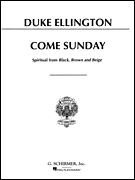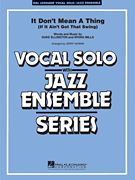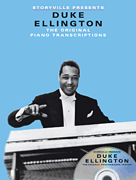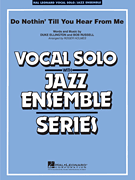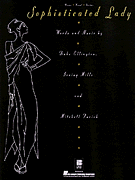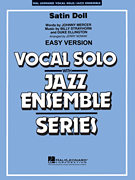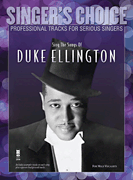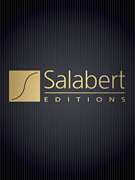Search Results for: “ellington”
Loading...
Satin Doll View 434 Products
It Don't Mean A Thing (If It Ain't Got That Swing) View 221 Products
In A Sentimental Mood View 203 Products
Don't Get Around Much Anymore View 199 Products
I'm Beginning To See The Light View 185 Products
Mood Indigo View 167 Products
Caravan View 163 Products
Heaven View 153 Products
Do Nothin' Till You Hear From Me View 142 Products
Perdido View 124 Products
Sophisticated Lady View 111 Products
Solitude View 109 Products
Little Brown Jug View 109 Products
I Got It Bad And That Ain't Good View 102 Products
Change The World View 96 Products
In A Mellow Tone View 91 Products
Come Sunday View 85 Products
C-Jam Blues View 65 Products
Meditation View 65 Products
Prelude To A Kiss View 63 Products
I Let A Song Go Out Of My Heart View 52 Products
Cotton Tail View 51 Products
Things Ain't What They Used To Be View 50 Products
I'm Just A Lucky So And So View 44 Products
